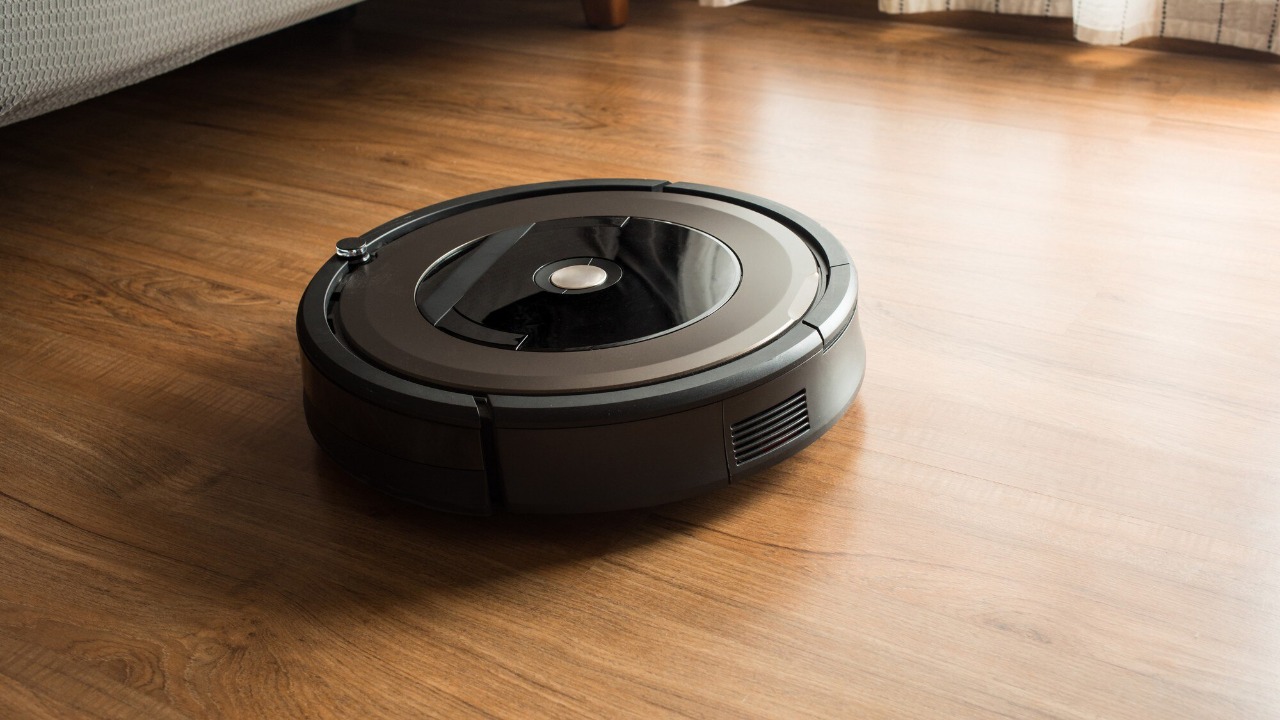
Smart devices are becoming increasingly integrated into our daily lives. These devices are designed to learn from our habits and preferences to provide improved and personalized features. Here are 10 such devices that are shaping the future of smart homes by learning from your habits.
1. Amazon Echo: A Smart Speaker that Understands You
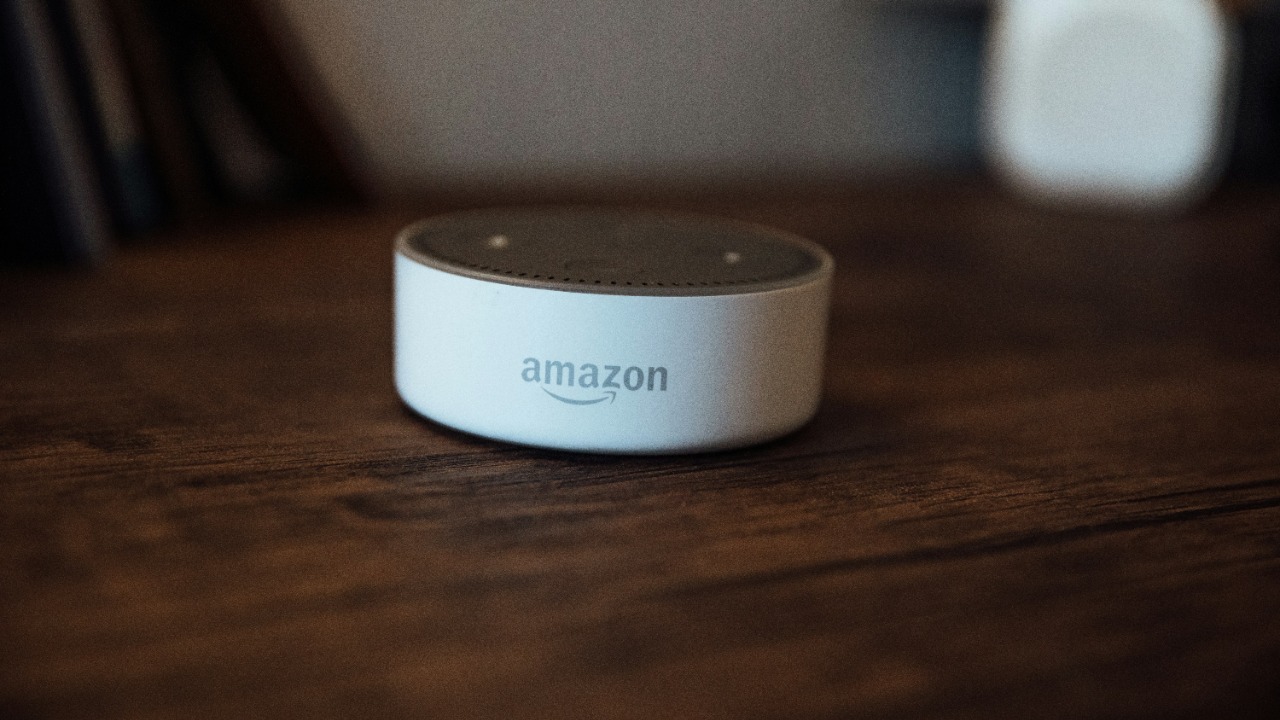
The Amazon Echo is a versatile smart speaker that uses voice recognition to perform a variety of tasks. It learns your speech patterns and vocabulary to provide more accurate responses. Whether you want to play your favorite music, get weather updates, or control other smart devices in your home, Echo makes it happen seamlessly.
Amazon Echo can also learn your daily routines and automate certain tasks. For example, it can switch on the lights when it’s time for you to wake up or play soothing music when it’s time to sleep. This level of personalization makes Echo a truly intelligent assistant.
2. Nest Thermostat: Learning your Home’s Temperature Preferences
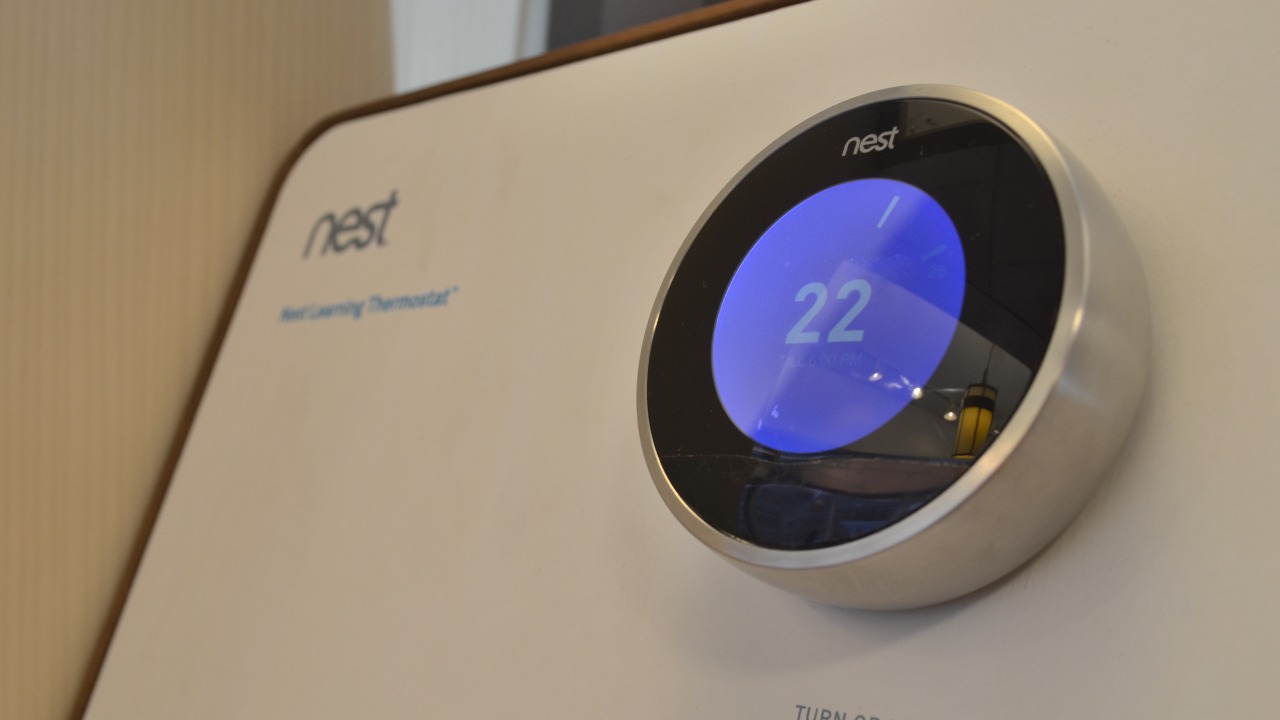
The Nest Thermostat is a smart device that learns your temperature preferences and schedule to create a personalized heating and cooling plan for your home. It monitors your temperature adjustments over time and automatically sets your preferred temperature at different times of the day. This not only ensures optimal comfort but also saves energy.
Furthermore, the Nest Thermostat can also detect when you’re away from home and adjust the temperature accordingly to save energy. This level of automation makes the Nest Thermostat an efficient and smart addition to any home.
3. Fitbit: Tracking Your Fitness Habits
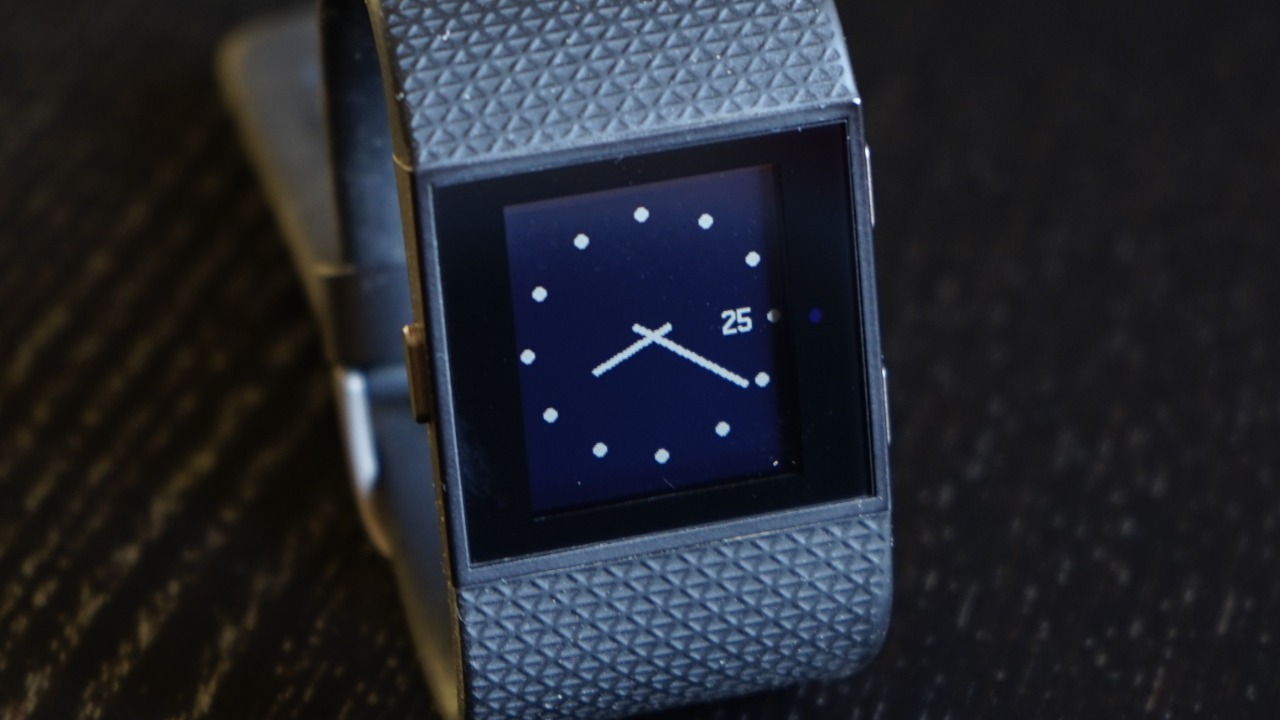
Fitbit is a wearable device that tracks your physical activity, sleep pattern, heart rate, and more. By collecting this data, Fitbit learns your fitness habits and provides personalized recommendations to help you achieve your health and fitness goals. It can also remind you to move when you’ve been inactive for too long.
Fitbit’s advanced sleep tracking feature learns your sleep patterns and provides insights to help you get a better night’s sleep. By understanding your habits, Fitbit encourages healthier lifestyle choices.
4. Google Home: Personalizing your Online Experience
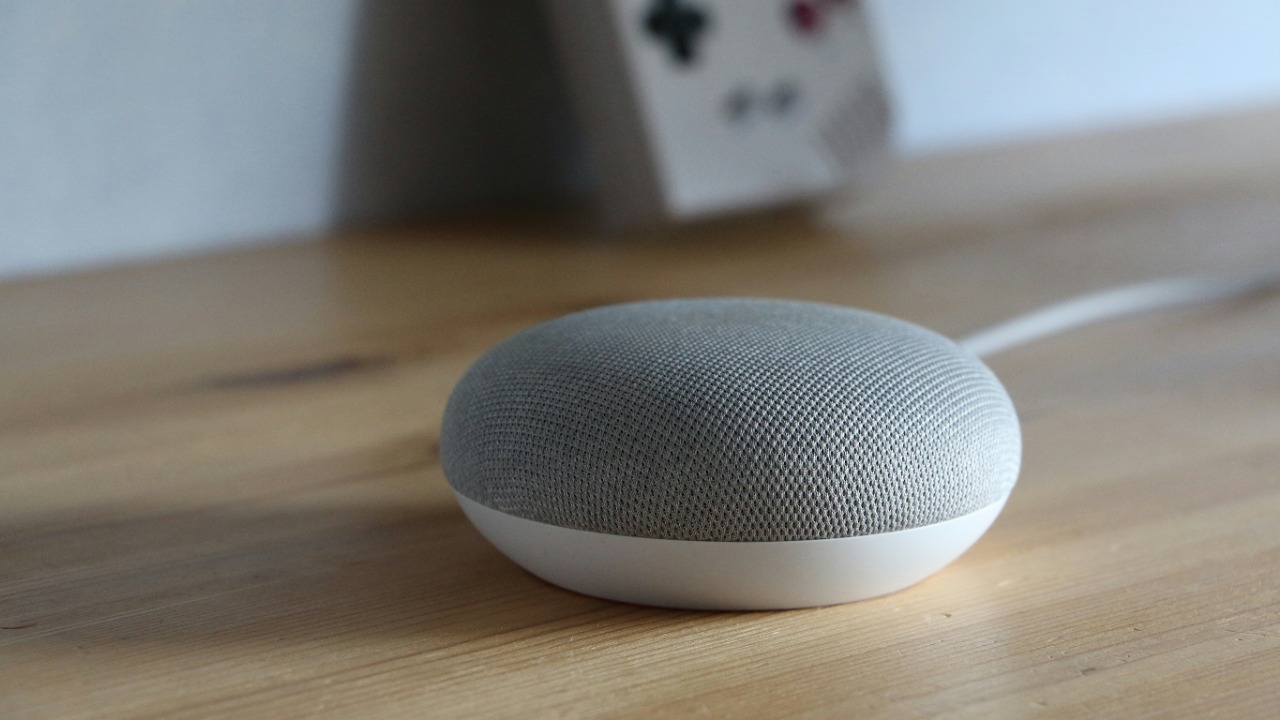
Google Home is a smart speaker that uses Google Assistant to perform tasks and answer questions. It learns your habits over time to provide personalized news updates, weather forecasts, traffic information, and more. Google Home can also learn your voice to provide personalized responses.
Google Home can also control other smart devices in your home. It learns your routines and can automate tasks such as dimming the lights at bedtime or starting your coffee maker in the morning. This level of personalization makes Google Home a convenient and smart choice for any home.
5. Roomba: Learning Your Home Layout
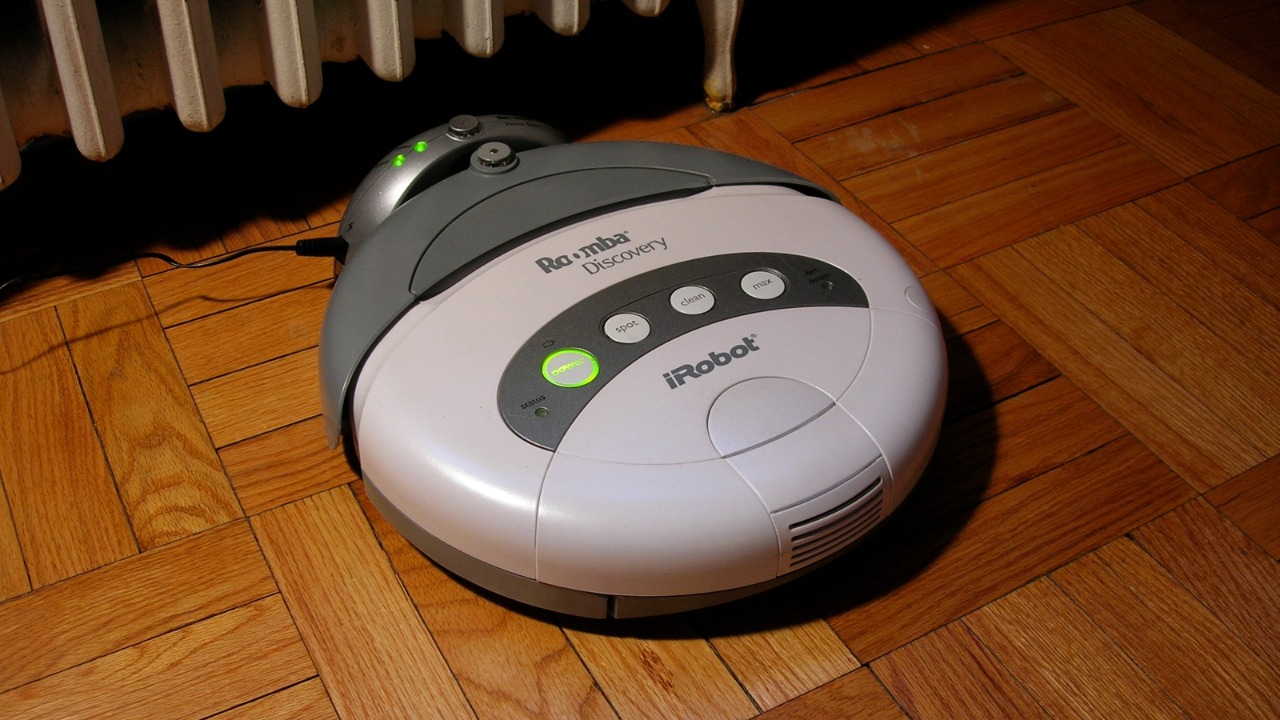
Roomba is a robotic vacuum cleaner that learns the layout of your home to clean more effectively. It uses sensors to map your home and remembers the locations of furniture and other obstacles. This allows Roomba to clean your home thoroughly without bumping into objects.
Roomba’s smart mapping technology also allows it to clean specific rooms on demand. You can simply tell Roomba which room to clean, and it will get the job done. This level of intelligence makes Roomba a convenient and efficient cleaning solution.
6. Ring Doorbell: Keeping an Eye on Your Visitors
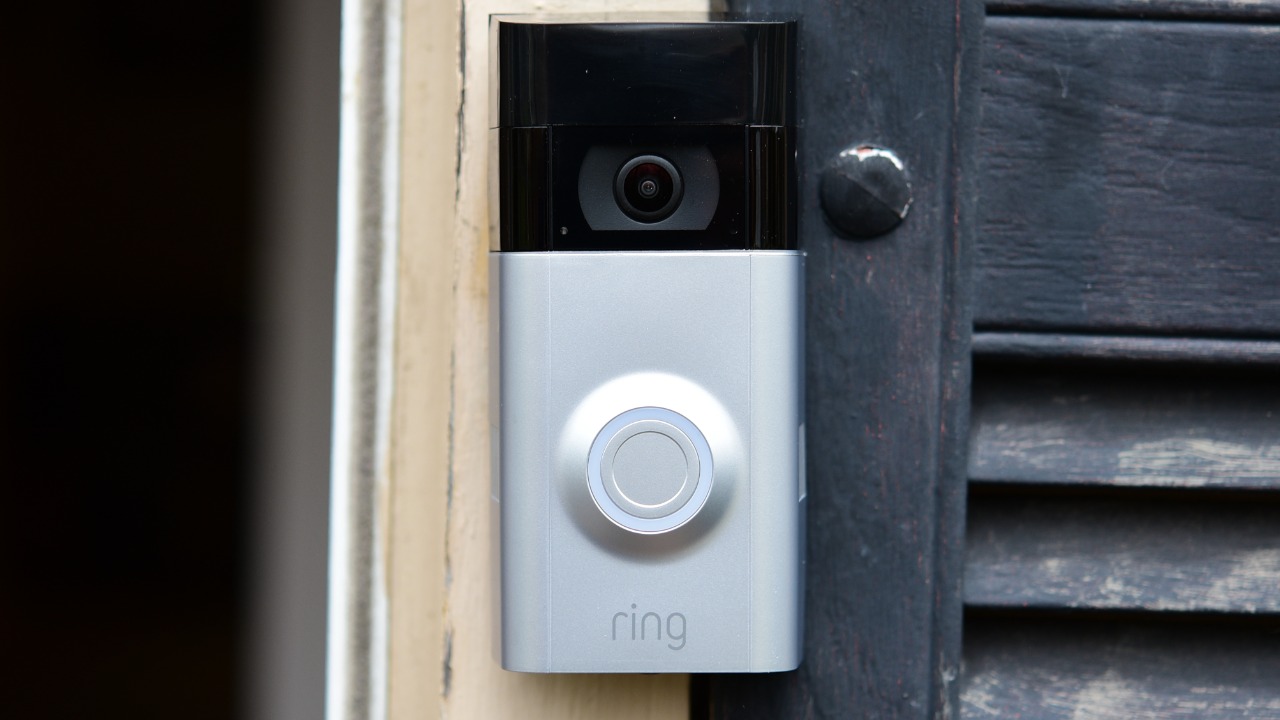
The Ring Doorbell is a smart device that provides security and convenience. It has a built-in camera that lets you see who’s at your door from your smartphone, no matter where you are. Ring Doorbell can also recognize regular visitors and send you personalized notifications.
Ring Doorbell’s video recording feature can provide valuable evidence in case of a security incident. By learning your habits and preferences, Ring Doorbell adds an extra layer of security to your home.
7. Philips Hue: Adapting to Your Lighting Preferences
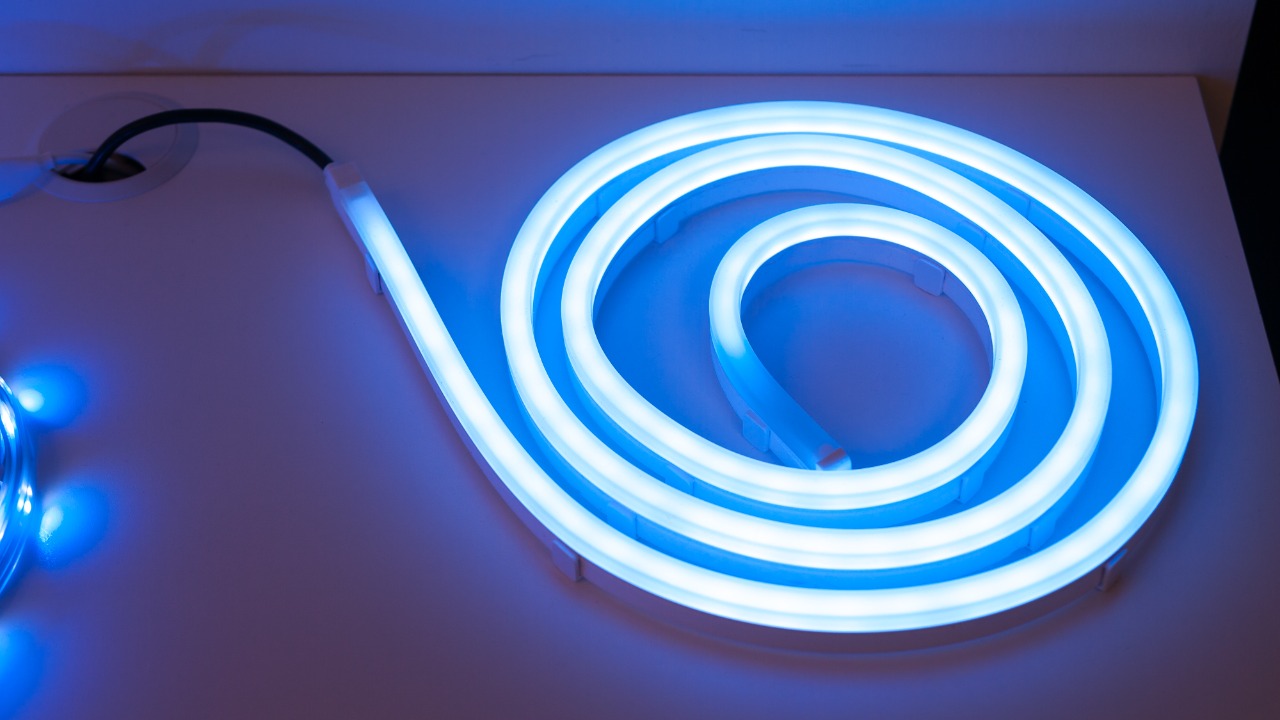
Philips Hue is a smart lighting system that learns your lighting preferences to create the perfect ambiance. You can set different lighting scenes for different times of the day, and Hue will remember your preferences. It can also sync with your music or movies to enhance your entertainment experience.
Philips Hue can also automate lighting based on your location. For example, it can turn off the lights when you leave home and turn them on when you return. This level of personalization makes Philips Hue a smart and energy-efficient lighting solution.
8. Smart Refrigerators: Tracking Your Eating Habits
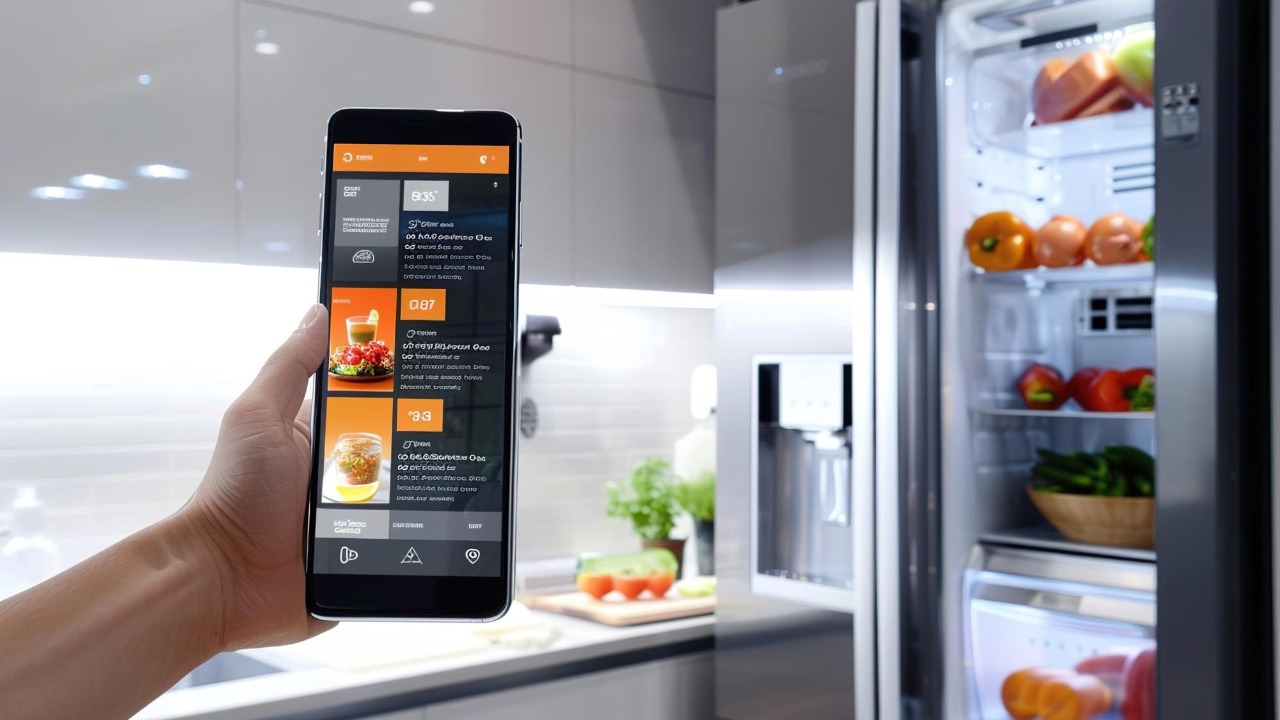
Smart refrigerators are equipped with features that learn your eating habits to help you maintain a healthy diet. They can track the food items you consume frequently and remind you when you’re running low. Some models can even suggest recipes based on the food items available in the refrigerator.
Smart refrigerators can also monitor the freshness of your food and alert you when food items are about to expire. By understanding your eating habits, smart refrigerators help in reducing food waste and promoting healthy eating.
9. Sleep Number Bed: Understanding Your Sleep Patterns

The Sleep Number bed is a smart bed that tracks your sleep patterns to provide optimal comfort. It adjusts the firmness, comfort, and support of the bed based on your preferences. The bed’s SleepIQ technology learns your sleep habits and provides insights to help you get a better night’s sleep.
The Sleep Number bed can also track your heart rate, breathing rate, and movement during sleep. This data can help you understand your sleep quality and make necessary adjustments for a healthier sleep routine.
10. Automatic Pet Feeders: Learning Your Pet’s Feeding Schedule
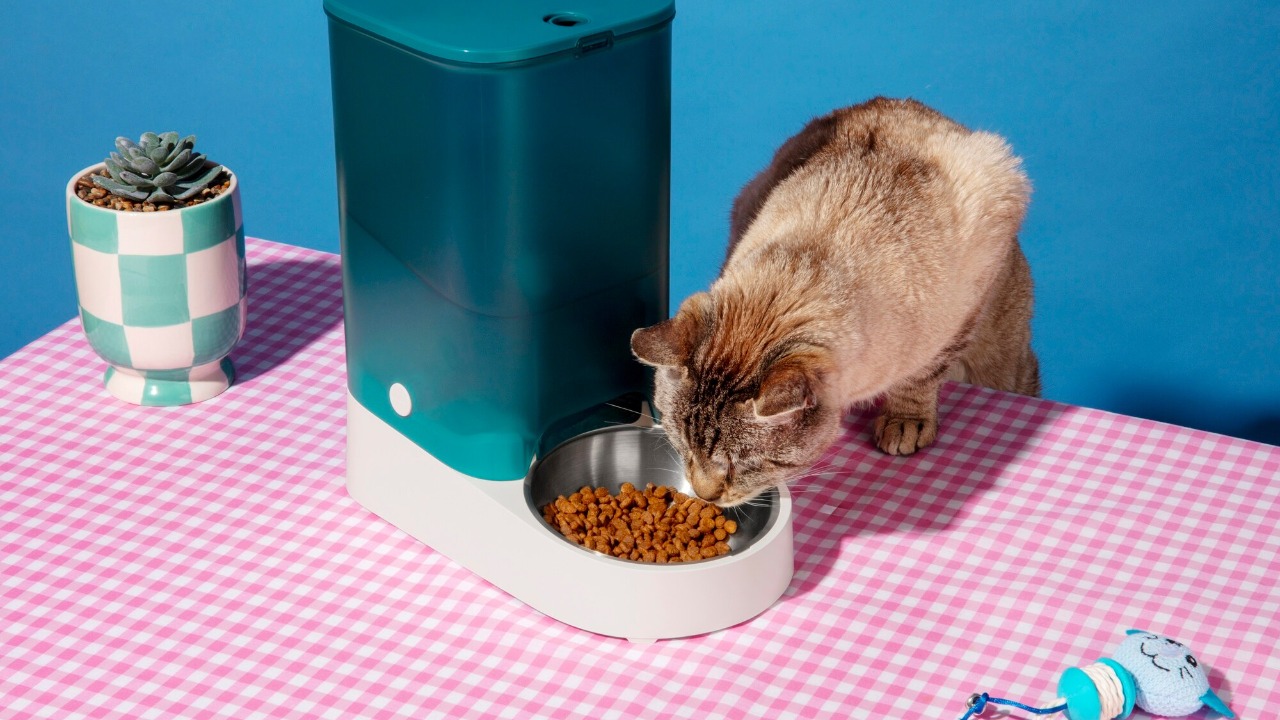
Automatic pet feeders learn your pet’s feeding schedule and dispense food accordingly. They ensure that your pet is fed at the right time, even when you’re not home. Some models can also dispense different amounts of food based on your pet’s age, weight, and activity level.
Automatic pet feeders can also help in maintaining your pet’s health by preventing overeating. By learning your pet’s feeding habits, automatic pet feeders provide a convenient and healthy feeding solution. For more insights on smart devices, you can check out this article on AI at home.